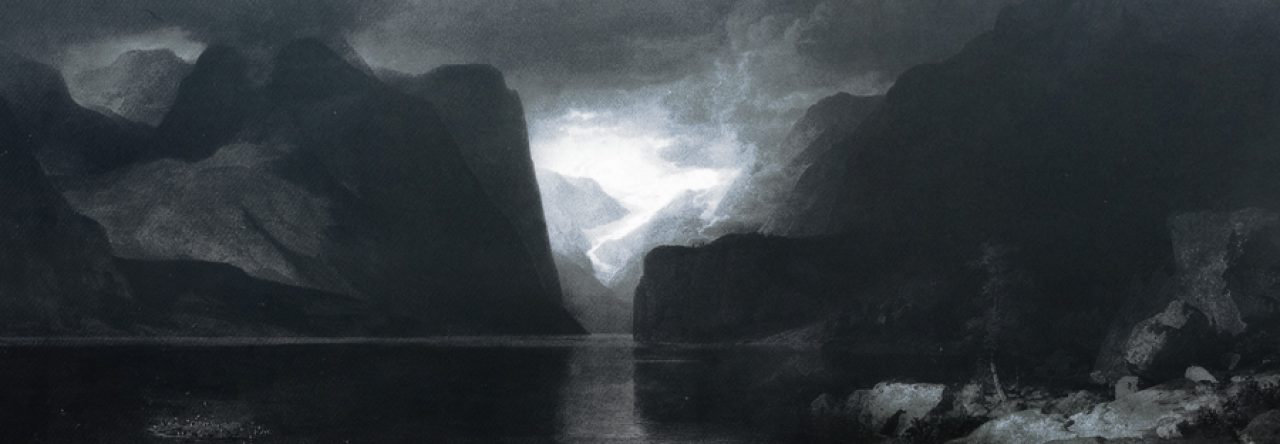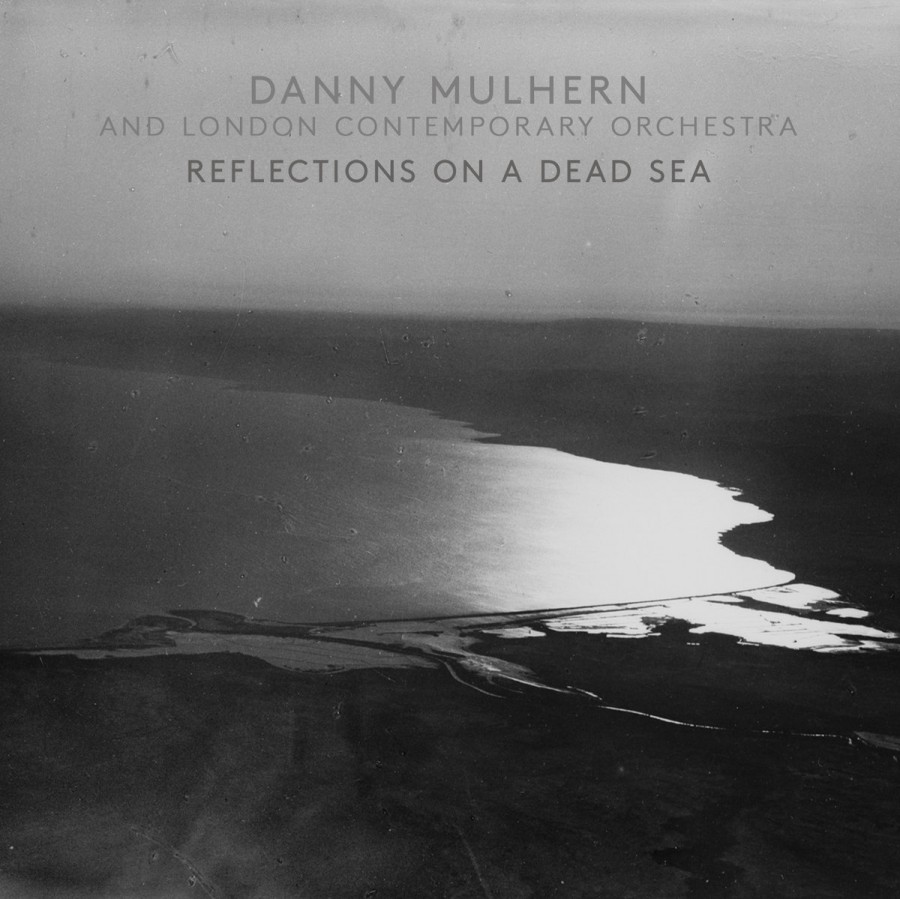Artist: Danny Mulhern and London Contemporary Orchestra
Album: Reflections on a Dead Sea
Release date: 10 November 2017
Label: 1631 Recordings
Tracklist:
01. Ganfuda
02. Captive
03. Night
04. Libya
05. Clandestine
06. Undercurrents
07. In the Hands of Strangers
08. The Dead Sea
09. My Child’s Name is Hope
10. Libya (Instrumental)
The cross-pollination of classical and ambient music is nothing new, as exemplified by more minimalist strains of the former coincided with the latter’s atmospheric entrenchment. Their shared evocative nature also gave them common ground in film scores, which Danny Mulhern’s newest outing proves as the London-based contemporary composer blurs the lines between modern classical and dark ambient to a magnificent effect.
Originally conceived as the score for a short film released last year called The Dead Sea, which follows the story of Libyan refugees caught trying to enter Europe, Reflections on a Dead Sea is the product of Mulhern’s collaboration with the London Contemporary Orchestra. Two violinists, a violist, a cellist, a harpist and a pianist join ranks and wash over the listener with arresting austerity.
The longest and most formed track on Reflections, “Libya” demonstrates Mulhern’s concern for modernized production within his orchestral pieces. Over a ritualistic chant, the song’s swaying lines find support from a sampled bass pulse and intentional use of white noise. This combination between traditional and synthetic sounds captivates with its gushing crescendos, yet remains intimate in its lurking dread. In fact, the album’s conclusion reprises this instrumental maze, proving its re-playability while emphasizing its instrumental strength.
Though certainly minimal, Reflections diverts from ambient conventions with its relative brevity. Five of these songs fall short of two-minute mark, none rise above five minutes and the album itself clocks in at 27. While those looking for something to soak in might find this underwhelming, Mulhern proves that length isn’t the only means of effectively transporting listeners out of a state of mind. Mulhern’s ensemble gives every track a unique stamp of musicality, pulling the album out of nebulous gloom and molding it into something undeniably memorable.
Whether it be the immense soundscape created by Oliver Coates’ cello and Vicky Lester’s harp in “Night” — along with piano interplay between Katherine Tinker and Mulhern — or the subterranean swells and thuds in “Clandestine,” these shorter cuts create their own vibes while bolstering the emotional weight of longer ones. Time limits certainly don’t stop “Undercurrents” and the title track from finding their respective footing in purposeful atonality, tremolo trills, and gargantuan drones (“My Child’s Name Is Hope” even pulls off a convincing arrival point in just over a minute). Of course, it goes without saying that the longer cuts allow Mulhern to truly shift reality for the listener.
Amorphous phrasing and chords envelop the listener in “Ganfuda” as the tonality of each instrument gushes through speakers and pulverizes the senses, while densely arranged cuts like “Captive” submerge the listener in monolithic textures. As it consistently avoids convention, the core of Reflections remains one of stark darkness.
“In The Hands Of Strangers” represents the most uplifting point of the record, but it still features an overarching sense of melancholy. The movie it bolsters certainly imparts beauty within suffering, and this song embodies this quality spectacularly. Harp and piano provide a melodic and modulative nucleus from which the other musicians blossom into heart-rending progressions. Though the tale he tells is marred with tragedy, Mulhern’s music still finds room to impart aspiration to the listener.
Minimalism and atmosphere are nothing new to contemporary composers like Danny Mulhern, but Reflections on a Dead Sea bridges the gap between dark ambient and modern classical in ways not often heard on either ends of the spectrum. Rich compositional potential commingles with introspective sonic platitudes, yielding a profoundly stimulating experience.
Written by: Maxwell Heilman


